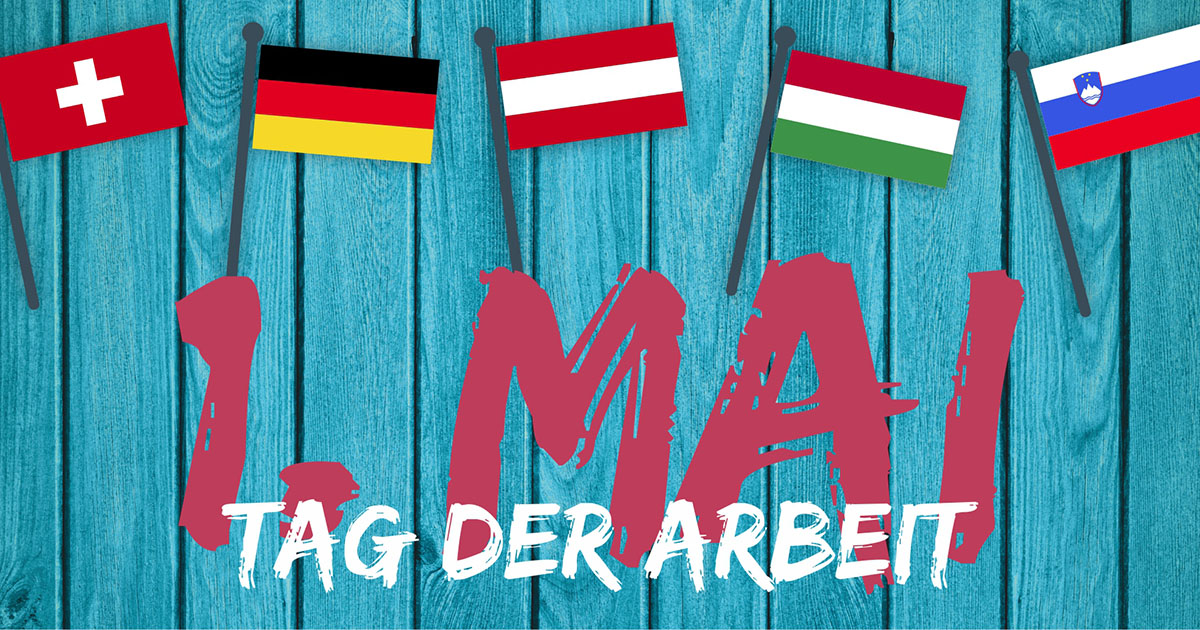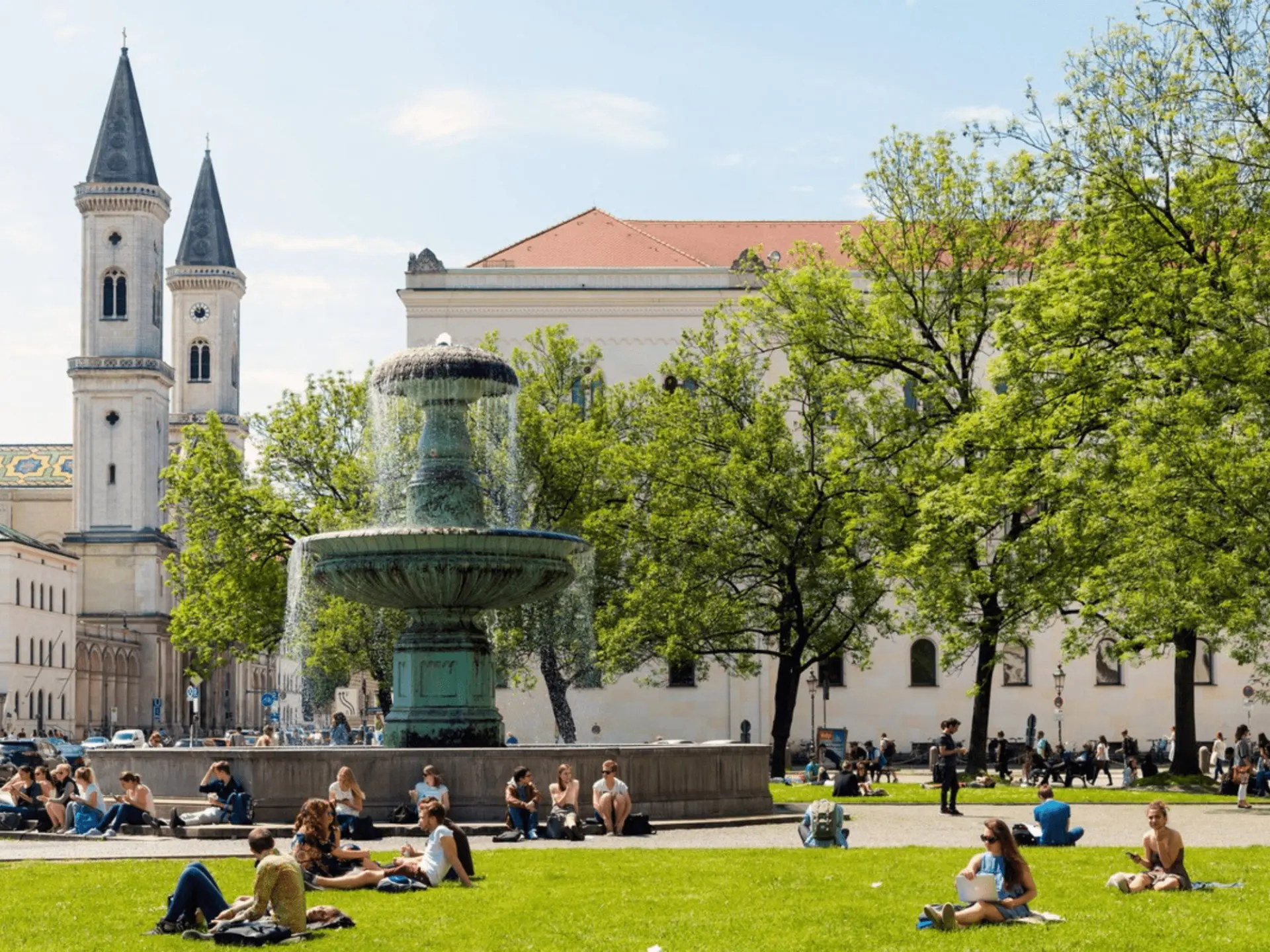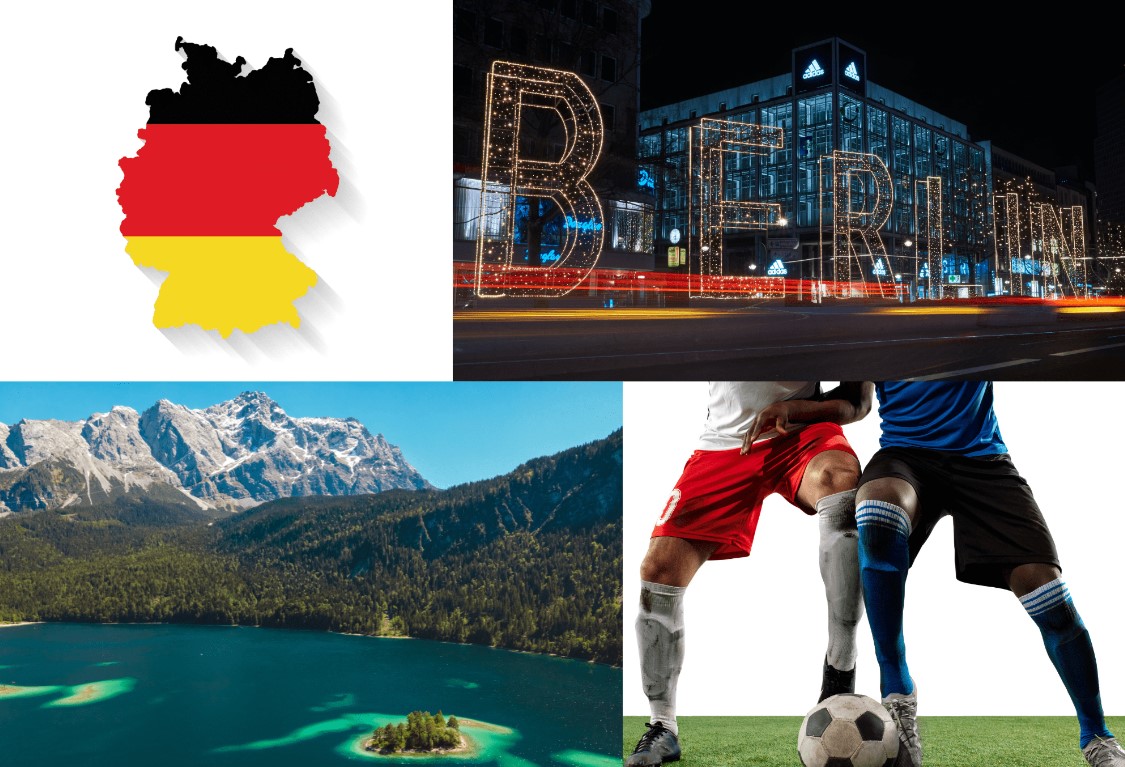Celebrating Tag der Arbeit or Maifeiertag?
Picture this: Vibrant street festivals, colorful maypoles, and a sense of community that's as warm as the spring sunshine. That's right, we're talking about Tag der Arbeit and Maifeiertag
The Origins of Tag der Arbeit
A Tale of Struggle and Triumph Have you ever wondered why Germans celebrate Tag der Arbeit (Labor Day) on May 1st? The story behind this holiday is one of struggle, courage, and the fight for workers' rights. It all began in the late 19th century when labor movements across Europe and the United States were demanding better working conditions and fair wages.
In Germany, the Social Democratic Party (SPD) played a key role in advocating for workers' rights. Despite facing challenges during the Nazi era, Tag der Arbeit eventually regained its original meaning as a day to honor workers and their contributions to society.
But wait, there's more! As a German learner, Tag der Arbeit isn't just a chance to kick back and relax - it's an opportunity to dive headfirst into the culture and language you love. And we're here to help you do just that, with a little trick the Germans call "Brückentage".
🌉 Unlock the Secrets of Brückentage 🌉
Brückentage, or "bridge days," are the secret weapon of savvy German holidaymakers. By taking just a day or two off work, you can turn Tag der Arbeit into an extended weekend getaway!
Imagine exploring the enchanting castles of Bavaria, sipping wine in the rolling hills of the Rhineland, or soaking up the hip urban vibes of Berlin - all while practicing your German skills with friendly locals.
Need some inspiration? Here are a few of our favorite Brückentage itineraries:
🏰 Fairytale Road: Trace the footsteps of the Brothers Grimm through picturesque villages and enchanted forests.
🍷 Rhine Romance: Cruise down the Rhine River, stopping at charming wine towns and hilltop castles.
🎨 Berlin Art Beat: Immerse yourself in Berlin's vibrant art scene, from graffiti-covered streets to world-class museums.
🌳 Maypole Magic: A Tradition You Won't Want to Miss 🌳
No Maifeiertag celebration is complete without the Maibaumaufstellen, or maypole raising ceremony. This centuries-old tradition is a feast for the senses, with lively music, colorful costumes, and a towering maypole bedecked in ribbons.
As a German learner, attending a Maibaumaufstellen is a fantastic way to immerse yourself in the language and connect with local culture. Here are a few tips for making the most of the experience:
- 🗓️ Check local event listings to find Maibaumaufstellen ceremonies near you.
- 👗 Dress up in traditional German Tracht (think dirndls and lederhosen) to really get into the spirit!
- 💬 Brush up on your German small talk to mingle with the locals. Don't worry if you make mistakes - they'll appreciate your effort!
🎉 Celebrate Like a True German with Latogo 🎉
At Latogo, we believe that the best way to learn German is by living it. That's why our expert teachers are more than just language instructors - they're your cultural guides, helping you navigate the quirks and customs of German life with confidence.
Ready to make this Tag der Arbeit one to remember? Book your lesson with Latogo today and let us help you craft your ideal holiday experience. Whether you're a total beginner or a seasoned pro, we'll tailor our lessons to your goals and interests.
So what are you waiting for? Join the Latogo community and unlock the secrets of German culture, one unforgettable moment at a time.
Fröhlichen Tag der Arbeit!






